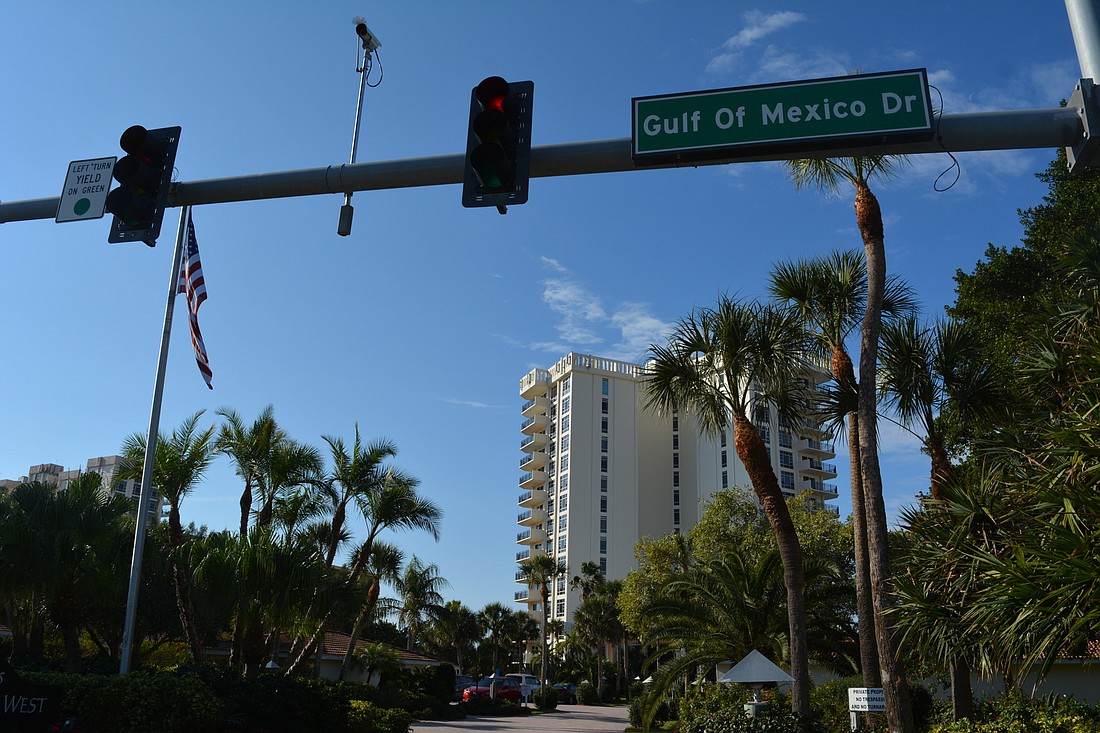- July 26, 2024
-
-
Loading

Loading

Legislators in special session last week picked up the ball where they left it at the end of their 2022 regular session, passing statewide rules on condominium inspections and the means to finance needed repairs.
Longboat Key town leaders had crafted rules of their own but held off on considering them in May when they heard last week’s special session, billed largely as a session to deal with property insurance reform, would also include condo safety. At the time, Commissioners agreed waiting until the legislature acted made sense and could help inform them on what direction to follow if no new regulations were approved.
Gov. Ron DeSantis signed the bill into law last week.
"We can all go home knowing that when we vote for this bill, we have actually made a positive change knowing that condominiums will be safer moving forward," Rep. Daniel Perez (R-Miami) during debate in the House of Representatives.
Among the provisions delivered in a bill to DeSantis:
Since the deadly collapse in 2021 of a 13-story condo tower in Surfside, the issue of safety of taller, older condominium buildings, especially by the shore, has come into sharp focus. Although communities around Florida urged the legislature to act in its most recent session, no bills were passed.
Differences in House and Senate bills in the most recent regular session largely focused on financial reserve requirements. The House bill pertained to buildings needing to be recertified after 30 years if three stories or higher, or 25 years within three miles from the coast with recertifications every 10 years. The Senate bill pertained to three-stories-or-higher buildings at least 20 years old and three miles from the coast. Recertifications under the Senate bill would have been every seven years.
In the meantime, town drafted an initial set of its own recertification rules, modeled from recommendations of a working group of Florida building professionals, in case the legislature comes up empty again.
The town’s proposed regulations called for regular inspections of buildings at least 20 years old, but did not address the matter of financial reserves.